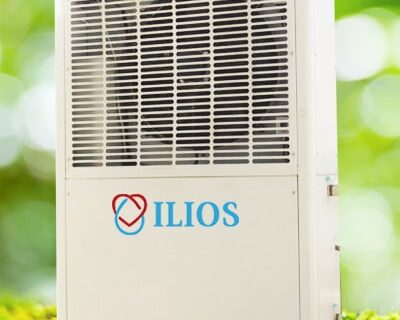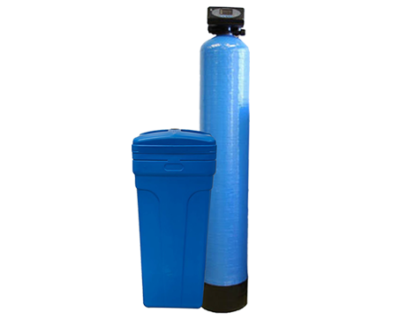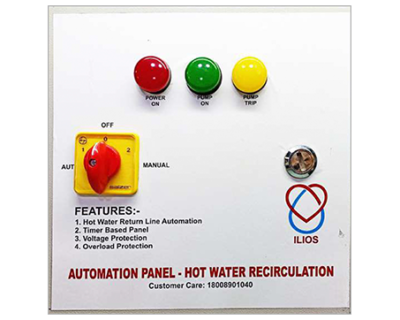Blog
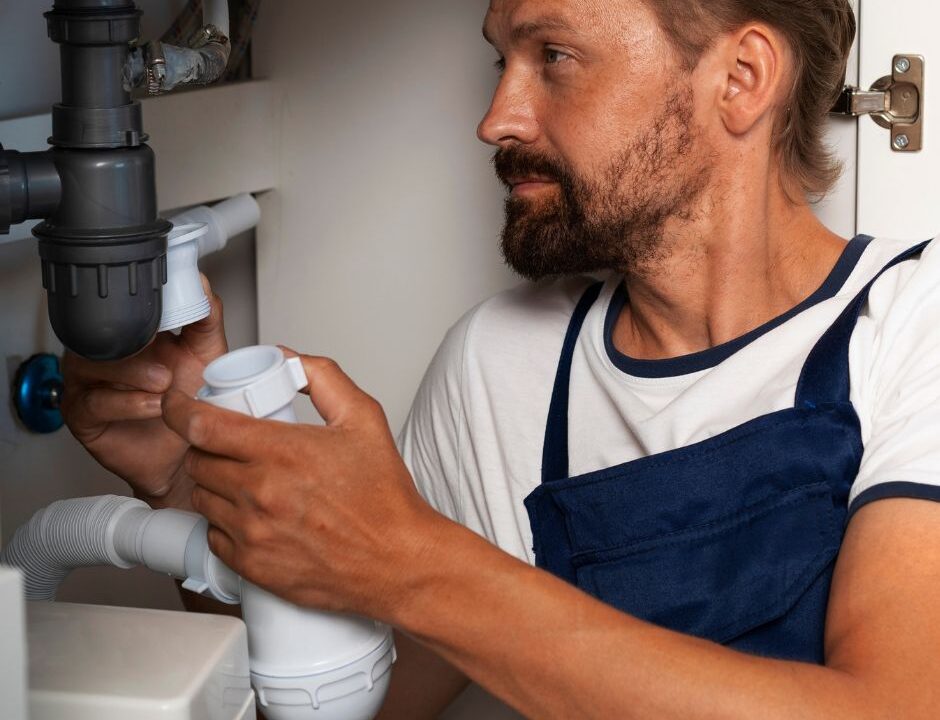
Finding Water Softener Providers Near Me: Making Your Water Better
Introduction:
Getting clean and good-quality water is really important for staying healthy. But in some places, the water is “hard,” which can cause problems like buildups and skin irritation. Luckily, there’s a solution called water softeners. They make the water better by removing certain minerals. In this guide, we’ll look at how to find the best water softener providers near me to fix hard water issues and make your water better.
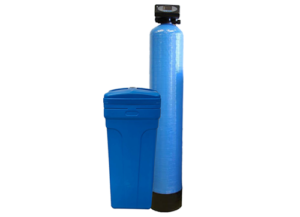
Understanding Water Softeners:
Before we talk about finding water softener providers nearby, let’s understand what water softeners are and how they work. Water softeners are devices that take out minerals like calcium and magnesium from hard water. They replace them with something else, making the water softer. This helps your skin, prevents buildups, and makes your appliances last longer.
Why Choose a Water Softener:
Getting a water softener has a lot of benefits for you and your home. Here are some of them:
- Softer Skin and Hair: Soft water is kinder to your skin and hair, so you won’t feel as dry or itchy.
- Longer Appliance Lifespan: Water softeners stop buildups, which can make your washing machine and other appliances last longer.
- Cleaner Plumbing Fixtures: Soft water keeps your faucets and pipes clean, so you won’t see as many stains.
- Better Cleaning: Soft water helps soap and detergent work better, so your dishes and clothes will be cleaner.
Different types of water softening systems available in the market
- Salt-Based Water Softeners: These systems use salt to remove minerals like calcium and magnesium from water. They work by exchanging sodium ions for the hardness minerals.
- Salt-Free Water Conditioners: Unlike salt-based systems, these don’t remove minerals but prevent them from sticking to surfaces. They use a process called template-assisted crystallization to change the structure of minerals so they don’t build up.
- Dual-Tank Water Softeners: These have two tanks—one for softening water and the other for regeneration. While one tank is in use, the other is regenerating, ensuring a continuous supply of softened water.
- Magnetic Water Softeners: These systems use magnets to alter the structure of minerals in water, preventing them from adhering to surfaces. However, their effectiveness is debated in the scientific community.
- Reverse Osmosis Systems: While primarily used for filtration, reverse osmosis systems can also reduce water hardness by removing minerals through a semipermeable membrane.
Each type of water softening system has its own benefits and drawbacks, so it’s essential to choose the one that best fits your needs and preferences.
Cost analysis: upfront expenses and long-term savings of using water softeners
- Upfront Expenses: When you first get a water softener, you’ll have to pay for the unit itself, installation, and possibly some additional plumbing work if needed. This upfront cost varies depending on the type and size of the water softener you choose, as well as any installation complexities. It’s like buying the softener and getting it set up in your home.
- Long-Term Savings: Even though there’s an initial investment, using a water softener can save you money in the long run. Here’s how:
- Appliance Lifespan: Hard water can damage appliances like washing machines, dishwashers, and water heaters, leading to repairs or early replacements. A water softener helps prevent this damage, extending the lifespan of your appliances and saving you money on repairs or replacements.
- Energy Efficiency: Appliances like water heaters and washing machines work more efficiently with soft water. They use less energy because they don’t have to work as hard to heat or move the water. So, you’ll see savings on your energy bills over time.
- Reduced Soap and Detergent Usage: With soft water, soaps and detergents lather better and rinse cleaner. This means you can use less soap and detergent for cleaning and laundry, saving you money on these products.
- Plumbing Maintenance: Hard water can cause scale buildup in your plumbing pipes, leading to clogs and corrosion. Soft water helps prevent this buildup, reducing the need for plumbing repairs and maintenance.
So, while there’s an initial cost to install a water softener, the long-term savings from improved appliance lifespan, energy efficiency, reduced soap usage, and lower plumbing maintenance costs can outweigh this initial expense, making it a cost-effective investment for many households.
Finding Water Softener Providers Near Me:
Now, let’s see how to find the best water softener providers near me:
- Look Online: Start by searching online for water softener providers in your area. Check out reviews and ratings to see which ones are good.
- Check Local Directories: Look in local directories or online listings for water softener providers nearby. These can give you contact info and reviews to help you decide.
- Ask for Recommendations: Talk to friends or family who have water softeners. They can tell you which providers are good and which ones to avoid.
- Talk to Providers: Once you’ve found some options, talk to them. Ask about their products and services, and see which one fits your needs and budget.
- Look at What They Offer: Check out the different water softeners each provider offers. Look for ones that are energy-efficient and come with good warranties.
- Ask about Installation and Maintenance: Make sure the provider can install the water softener for you and take care of any problems that come up later.
Conclusion:
Getting a water softener can make a big difference in your home. By following these steps and finding the best provider near you, you can enjoy clean and better-quality water for a long time. Say goodbye to hard water problems and hello to a healthier home with a water softener solution.


